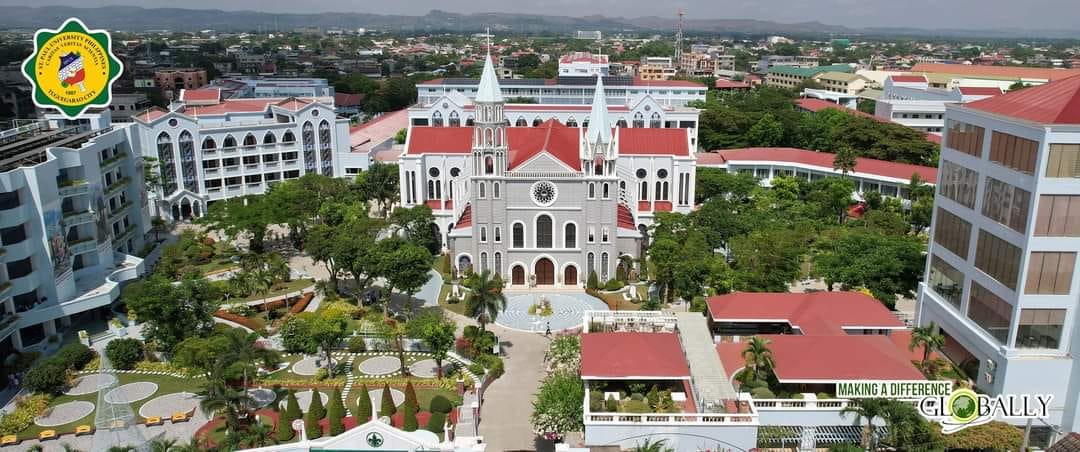
St. Paul University Philippines
St. Paul University Philippines is a globally acknowledged institution committed to shaping capable leaders and conscientious citizens who contribute positively to their communities, nation, and the global society.
St. Paul University in the Philippines, situated in Tuguegarao City within Cagayan province, operates as an autonomous institution. Established in 1907 by the sisters of St. Paul of Chartres, it holds the distinction of being the initial Catholic university in Cagayan Valley. St. Paul University boasts a comprehensive array of educational offerings spanning Administration, Arts & Sciences, Accountancy, Business, Basic Education, Graduate School Programs, Engineering, Information Technology, Management, Teacher Education, Social Sciences, Nursing, Allied Health Sciences, Medicine, and more.
Apply Now Download Brochure







